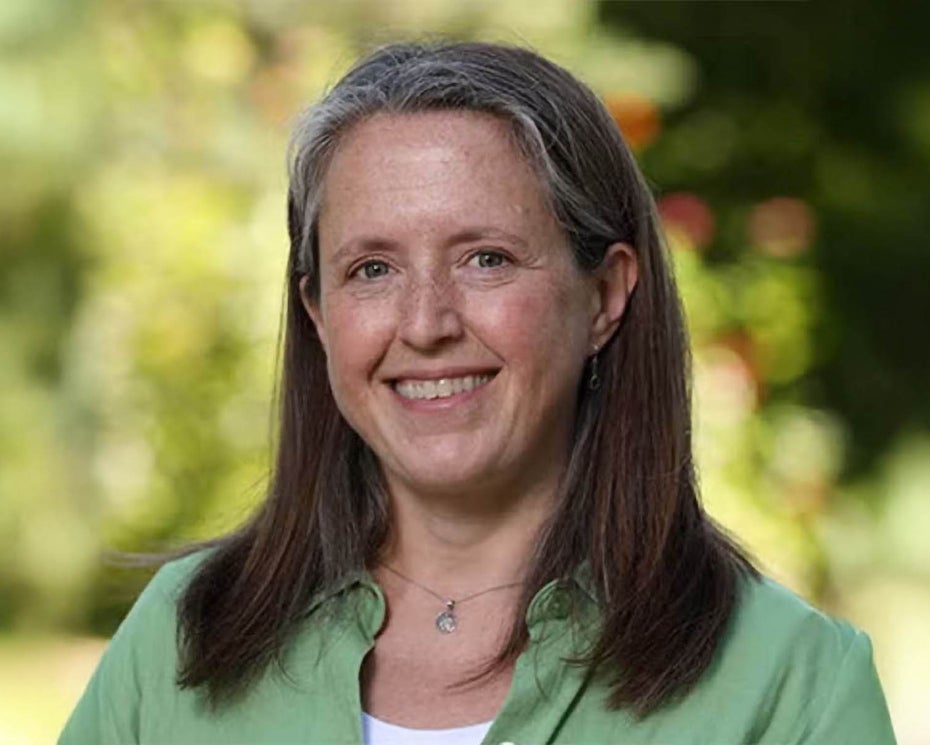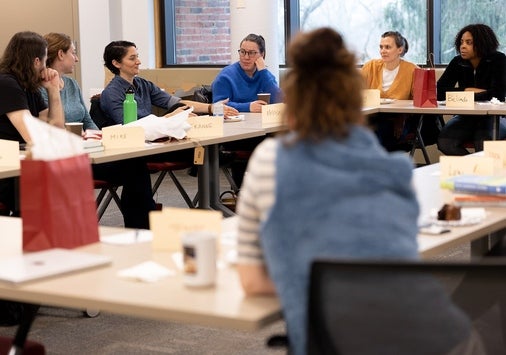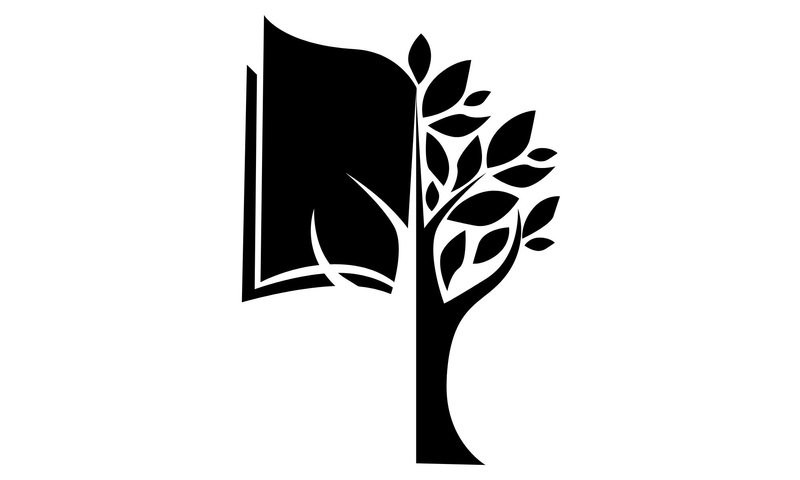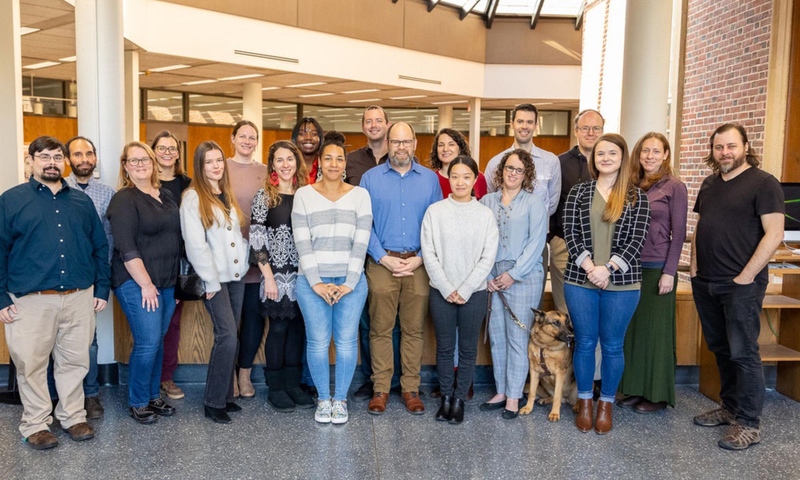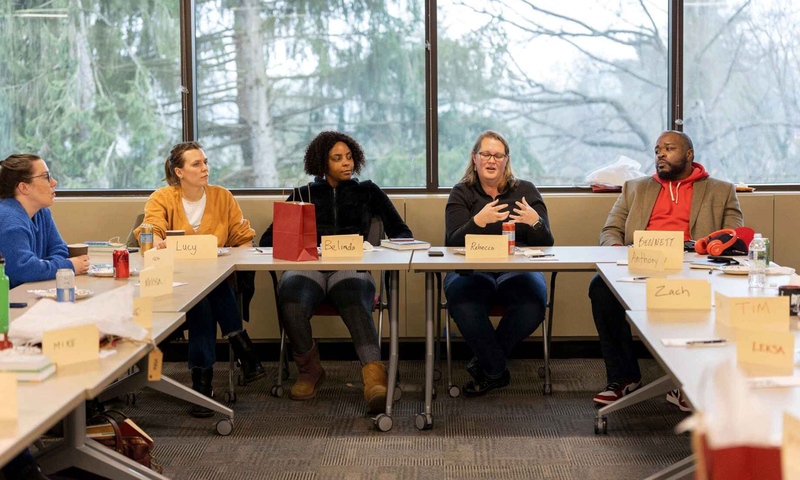Peer Review
Formative Peer Review of Teaching
“Formative peer review of teaching is focused on the long-term enhancement of teaching and learning. Even when mandatory, the process should be primarily driven and guided by the faculty member’s personal goals, by feedback from students and/or colleagues, and/or by a desire to address problems in a specific course or academic context” (Smith, 2014).
Faculty development scholarship has addressed the different purposes, procedures, and responsibilities that distinguish formative from summative evaluation of teaching. As the first quote illustrates, formative evaluation focuses on the improvement of teaching. In contrast, summative evaluation leads to a judgment of teaching effectiveness use for merit, tenure, or promotion decisions.
Peers play an essential role in the formative evaluation process and peer observation of classroom teaching is a primary component of the process:
“Peer observation of teaching provides a structured framework for the ongoing improvement of teaching and learning practices through peer collaboration and discussion. Observation is a valuable tool for both the observed and the observer as it is about the sharing of excellence, the promotion of a greater sense of collegiality, dissemination of good practice, individual development, and improving the quality of student learning” (Macquarie University, 2010).
Peer observation is a mandatory component of both formative and summative evaluation of teaching at Denison and the required procedures and actions are described in the Faculty Handbook. The final report produced by Denison Task Force on the Evaluation of Teaching Effectiveness and Student Learning (TESL) includes the comment that:
“Peers … serve as potential experts- both in the subject matter as well as in the pedagogy of the discipline. As such, peer evaluators provide an important, seasoned, collegial perspective on the instructional goals, methods, and environment. Though our peers may be subject matter experts in their discipline, they may need training in how to conduct peer evaluation” (p. 78).
The materials and resources collected here are meant to provide support for Denison faculty who participate in peer observation of teaching - either as the observed or as the observer - and for academic departments and programs engaged in developing and conducting classroom observations required for formative peer review of teaching.
